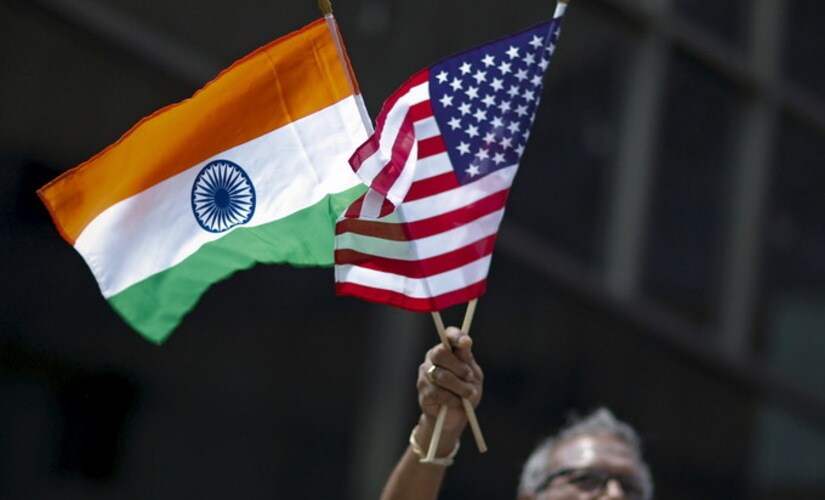You heard it here first. The H1B visa filing season for the new fiscal year 2019 (starting October 1, 2018) which allows US companies to hire foreign workers will open on April 2, 2018, USCIS officials have confirmed Tuesday. Indian companies have traditionally led the sweepstakes cornering the lion’s share of visas each year. With less than three weeks to the finish line, immigration lawyers have their work cut out in Trump’s America which is doubling down on H1B related abuse. On the supply side, H1B hopefuls who are applying under the stipulated 'caps' know that skill, talent or the strength of their CV have no role at all, it’s just pure luck in a lottery that will decide whether they get chosen.
“Monday April 2 is not a federal holiday and applications will be accepted on that day. We will accept applications for the first 5 business days,” USCIS confirmed.
Applications can be filed no more than six months before the employment start date. "Applications without a specific start date will be rejected. Words like ASAP or subject to approval will be rejected," USICS warned petitioners.
The H1B cap numbers for the new fiscal remain the same while the subtext has undergone a vital transformation. First the numbers and bare facts:
USCIS will grant 65,000 new H-1B visas for jobs in the science, engineering and information technology fields. This is the ‘regular cap’.
USCIS doles out 20,000 new H-1B visas for employees with advanced degrees from U.S. universities. This is the ‘Master’s cap’.
H1B workers at certain kinds of educational institutions andnon profits are also exempt from the fiscal cap.
Every H1B visa has a three year cut off and renewable for up to six years.
USCIS uses a random selection process, or "lottery," to determine which petitions will be accepted for adjudication.
Due diligence on the H1B visa has come full circle. There’s rarely been a time in the last 27 years when there’s been more scrutiny and paperwork load. A clutch of high powered USCIS officials briefed stakeholders on a longlist of H1B concerns Tuesday afternoon. Many of the questions have always been among the most important in any H1B petition but the post-Trump playbook has changed the lenses through which the fine print is seen and therefore the risks of rejection. It is now well known that the number of applications being subject to the dreaded RFEs ( request for evidence) have risen significantly. The most pressing questions from employers are how USCIS assesses the correct wage levels relating to each H1B petition, definition of ‘speciality occupation’, credential evaluations, what attorneys are allowed to sign and not and overall how to provide USCIS information that can reduce the back and forth. After the nearly 90 minute long discussion Tuesday, the takeaways are clear: USCIS officials are going the distance to subject H1B applications to stringent standards that can stand the test of time across cultures and multiple perceptions of "high skilled". Creative legalese won't cut it anymore and companies the world over have got the message. The new filing season that opens April 2, 2018, in so many ways, is a reset for the H1B visa and what it represents to the world on the other side of the Atlantic.
Published Date: Mar 07, 2018 01:09 AM | Updated Date: Mar 07, 2018 03:08 AM



